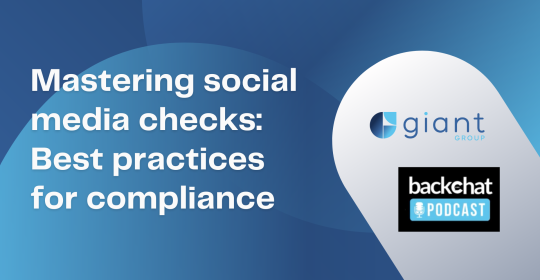Aon’s UK Financial Industry - Employee Benefits Survey, which earlier this year polled over 130 financial services firms in the UK, ranging in size from fewer than 100 to over 10,000 employees, revealed key benefit trends that employers are considering when looking to enhance employee wellbeing:
- Family benefits;
- Preventative care;
- Personalisation of support; and
- Meeting differences in expectation.
Terry Gostelow, principal strategy consultant in health and benefits at Aon, said:
“As businesses strive to create more comprehensive and appealing benefit packages, insights from our survey have highlighted critical areas where employers are looking to make significant improvements. By focusing on enhancing preventative care measures, increasing leave entitlements, and expanding health-related perks, businesses can meet the diverse needs of their workforce - ultimately leading to increased employee satisfaction and wellbeing.”
Family benefits
The survey found that between 2020 and 2023, the duration of enhanced maternity leave increased from 16 weeks to up to 26 weeks. In addition, median paternity pay increased to four weeks, with 45 percent of the firms offering greater than four weeks of paternity pay.
Jeanette Cook, principal strategic consultant in health and benefits at Aon, said:
“As more organisations support a better work-life balance, it has been encouraging to see considerable increases in entitlements across family leave benefits - especially since the COVID-19 pandemic. In addition to improvements in parental leave, one in five firms now has a formal paid leave policy relating to emergency or dependent care. Back-up childcare is much more common in financial services than in any other sector we see. These findings reflect growing recognition of the importance of providing employees with the necessary time off to manage family and health needs.”
Preventative care
The survey shows that the majority of respondents offered enhanced sick leave policies, typically varying between 13 and 26 weeks. Employee Assistance Programmes (EAP) have become a mainstay of early support, and were almost universally available, with 96 percent of companies offering this service (similar to findings from 2022 where 97 percent of organisations provided EAP access).
Results also indicated that provision of health screening continues to grow and is now provided as a fully employer-funded offering by 56 percent of employers (increasing from 47 percent in 2022). In addition, health screening has expanded beyond general heath assessments, with 49 percent of employers responding that they now include dedicated cancer screening services. Of those providing cancer screening, 56 percent provided this as a fully employer-funded benefit.
Terry Gostelow said:
“It is surprising to see such a variance in sick pay entitlements within the financial services sector. On the other hand, we are now seeing the dial moving from reactive to preventative healthcare support across the industry. It’s also encouraging to see more equitable access of benefits; for example, a variety of employer-provided occupational health services were available to all employees in
99 percent of companies which responded – irrespective of an employee’s length of service or seniority within the company. Private medical insurance is also a key area of growth in terms of coverage, with 91 percent of employers providing this benefit as either fully or partially employer funded.”
Personalisation of benefits
The survey results also showed that 75 percent of firms with more than 1,000 employees offer flexible benefits, indicating that this has now become expected of mid-sized and large financial institutions. Typically, 17-20 benefits are offered to employees as employer-paid or self-paid benefits. This illustrates the diversity and level of choice being offered.
In particular, there has been an increase in employers offering fitness-focused employee perks, with findings showing 77 percent offer fitness benefits, while 77 percent offer ride-to-work schemes and 74 percent have a wellbeing app available.
Jeanette Cook said:
“Overall, the survey demonstrated a generational shift in work benefits expectations, as millennials and Generation Z employees start to dominate the workforce. The benefits match this population in the workforce with a focus on technology. This shift underscores the evolving priorities of the modern workforce and emphasises the need for employers to adapt and expand their benefits offerings to meet the expectations of the current generation.
“Companies that proactively adapt to these evolving trends may be better positioned to succeed and maintain a competitive edge in attracting highly skilled professionals.”
Visit Aon.com for more information about Aon’s Health and Benefits.
About Aon
Aon plc(NYSE: AON) exists to shape decisions for the better — to protect and enrich the lives of people around the world. Through actionable analytic insight, globally integrated Risk Capital and Human Capital expertise, and locally relevant solutions, our colleagues provide clients in over 120 countries with the clarity and confidence to make better risk and people decisions that protect and grow their businesses.






